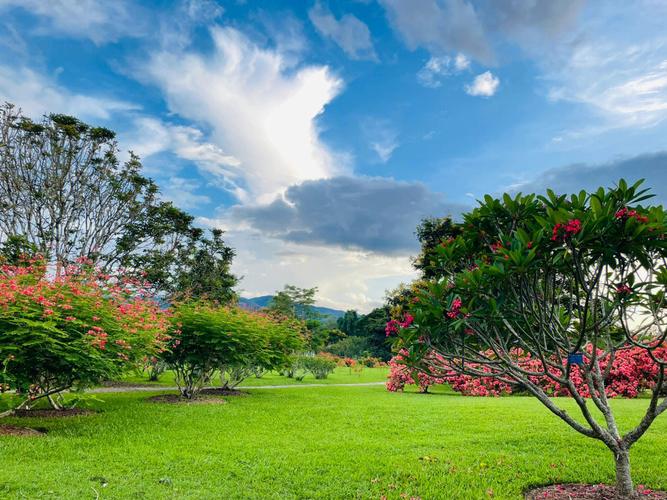Unlocking Your Cultural Identity: Discover 12 Sources That Define Who You Are
Have you ever found yourself wondering who you are as an individual? As human beings, we are complex creatures with multifaceted identities. Cultural identity, in particular, is an essential aspect of who we are. It shapes our behavior, beliefs, and values. However, understanding and unlocking one’s cultural identity can prove challenging, especially in a world with diverse cultures. In this article, we explore 12 sources that can help you define your cultural identity.
Family and Ancestry
One’s family can be a significant influence on their cultural identity. It includes the values, traditions, and beliefs passed down from previous generations. Ancestry is also a crucial aspect of one’s cultural identity. It allows individuals to learn more about their cultural roots and histories that define who they are.
Language
Language is one of the most potent tools used in expressing one’s cultural identity. It is a vital aspect of communication and has a unique structure and tone that varies across different cultures. Mastering one’s native language can foster better cultural understanding and appreciation.
Religion
Religion is a significant aspect of one’s cultural identity, defining an individual’s moral and ethical beliefs. It also shapes how individuals interact with others and perceive the world around them. Understanding the fundamentals of one’s religion can provide insights into one’s cultural beliefs and values.
Food
Food is a central aspect of any culture. The type of food, how it is prepared, and how it is consumed varies significantly across different cultures. Exploring different types of cuisine can be an excellent way to learn about different cultures and their unique traditions.
Art and Literature
Art, in its various forms, is a reflection of different cultures. Literature, for instance, can provide valuable insight into the history, language, and cultural practices of a community. Exploring art and literature can be a captivating way of discovering one’s cultural identity.
Geography and Environment
Geography and environment have a profound influence on shaping one’s cultural identity. The physical landscape plays a significant role in how individuals develop cultural practices, values, and beliefs. Understanding the geographical and environmental context surrounding a culture enables one to gain appreciation and insight into its practices.
Media and Pop Culture
Media and pop culture can be an excellent way of understanding different cultures. They offer a glimpse into music, movies, fashion, and other elements unique to a particular culture. By immersing oneself in media and pop culture from various cultures, one can gain a better understanding and appreciation for their diversity.
Politics and History
Politics and history are intrinsic components of any culture. Political beliefs and structures reflect a society’s values and vision for the future. Understanding the history of a particular culture is crucial in understanding its identity and current state.
Education
Education is a significant driver of cultural identity. Formal education can provide new perspectives on different communities and enhance cultural knowledge. Attending cultural events, like festivals and ceremonies, can also offer valuable insights into different cultures.
Work and Career
Work and career can shape one’s cultural identity. Different professions carry unique cultures that influence individuals’ behaviors, beliefs, and values. Immersing oneself in different work cultures can elicit diverse perspectives on different cultures.
Traditions and Holidays
Traditions and holidays are crucial aspects of defining a cultural identity. They vary from community to community, reflecting and preserving unique cultural practices and values. By engaging in these traditions, individuals can gain a deeper understanding of different cultures.
Personal Life Experiences
Personal life experiences heavily influence one’s cultural identity. It includes people, events, and personal interactions that shape an individual’s beliefs and values. Reflecting on personal life experiences can deepen one’s self-awareness and provide insights into one’s cultural identity.
In conclusion, discovering and unlocking one’s cultural identity is an ongoing process. It requires an intentional effort to explore different sources that define who we are as individuals. These sources offer valuable insights into our unique cultural practices, beliefs, and values, making us more appreciative and accepting of diverse cultures.
(Note: Do you have knowledge or insights to share? Unlock new opportunities and expand your reach by joining our authors team. Click Registration to join us and share your expertise with our readers.)
Speech tips:
Please note that any statements involving politics will not be approved.
